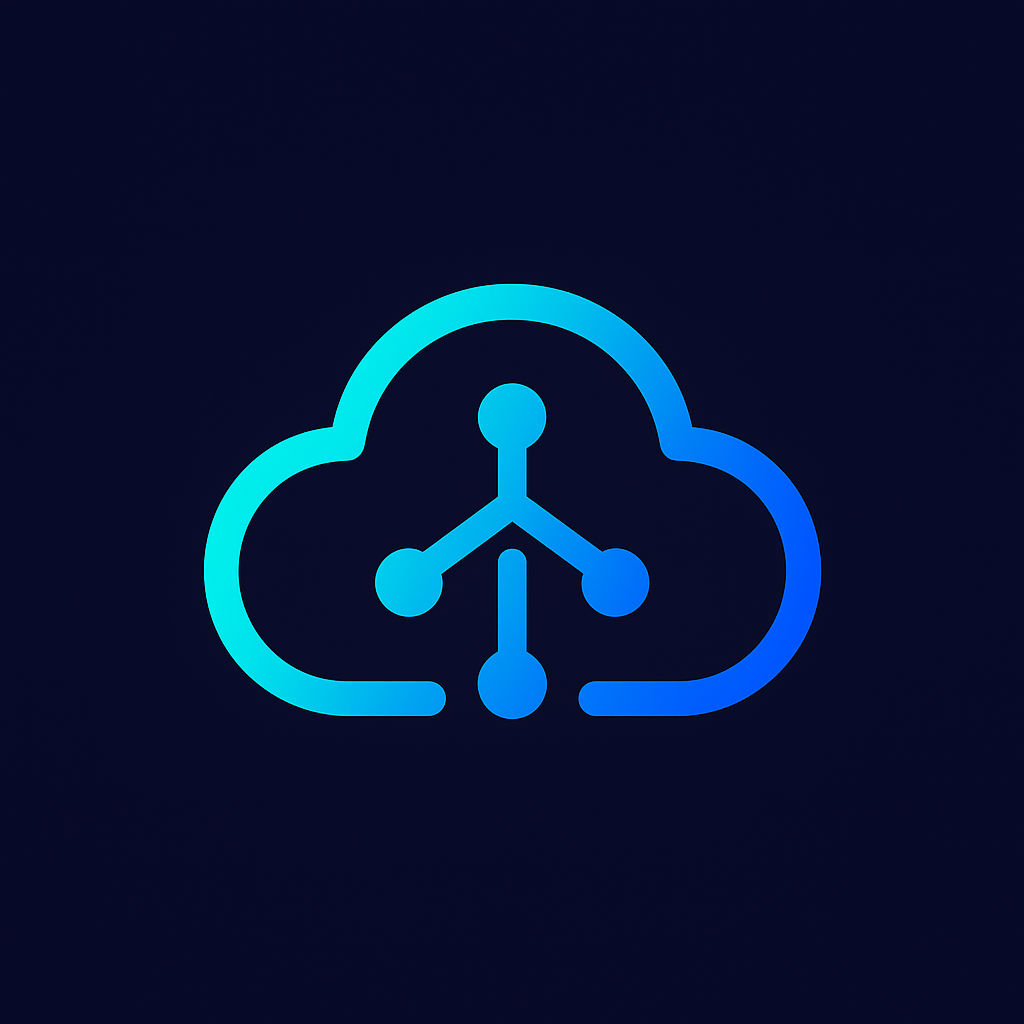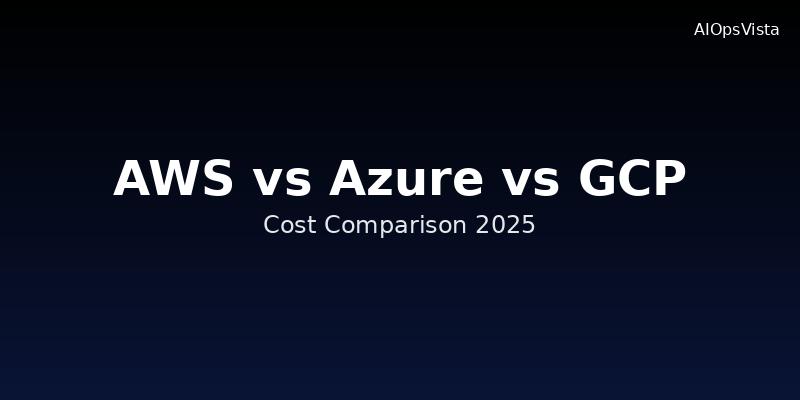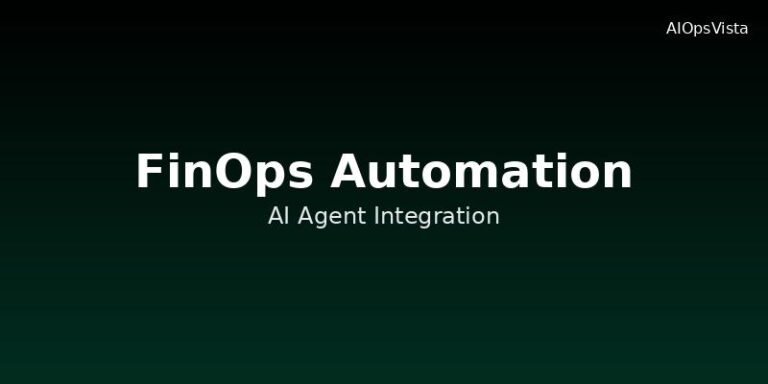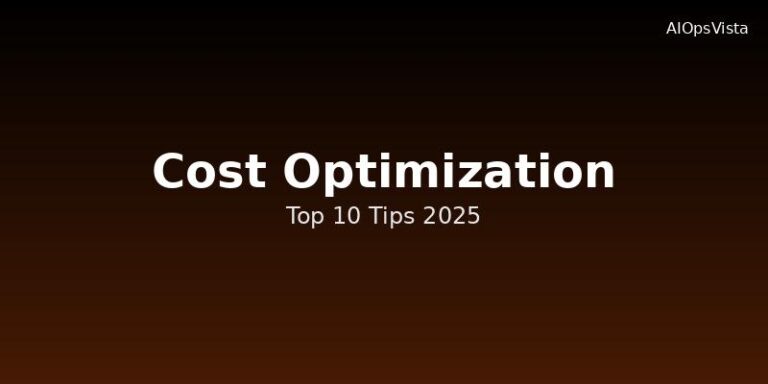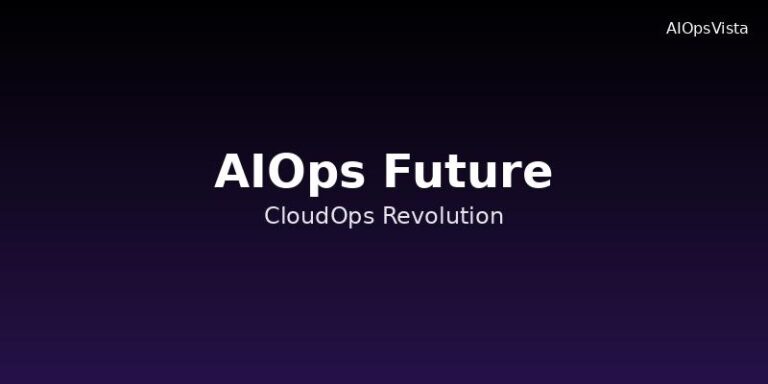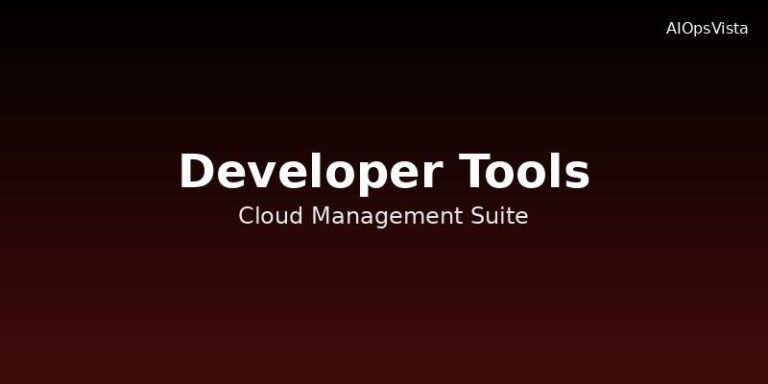AWS vs Azure vs GCP: Cloud Cost Comparison 2025
AWS vs Azure vs GCP: Cloud Cost Comparison 2025
Choosing the right cloud provider is a critical decision that impacts both performance and costs. In 2025, the three major cloud providers—Amazon Web Services (AWS), Microsoft Azure, and Google Cloud Platform (GCP)—offer increasingly competitive pricing and services. This comprehensive comparison will help you understand the cost implications of each platform.
Compute Costs Comparison
Virtual Machines (EC2 vs VMs vs Compute Engine)
| Instance Type | AWS (EC2) | Azure (VMs) | GCP (Compute Engine) |
|---|---|---|---|
| General Purpose (2 vCPU, 8GB RAM) | $69.12/month | $70.08/month | $52.00/month |
| Compute Optimized (4 vCPU, 8GB RAM) | $89.04/month | $90.24/month | $67.20/month |
| Memory Optimized (2 vCPU, 16GB RAM) | $100.80/month | $102.24/month | $76.00/month |
Pricing based on Linux instances in US East region, on-demand rates as of January 2025
Storage Costs Comparison
Object Storage (S3 vs Blob Storage vs Cloud Storage)
| Storage Type | AWS S3 | Azure Blob | GCP Cloud Storage |
|---|---|---|---|
| Standard Storage (per GB/month) | $0.023 | $0.018 | $0.026 |
| Archive Storage (per GB/month) | $0.004 | $0.002 | $0.013 |
| Data Retrieval (per GB) | $0.09 | $0.01 | $0.12 |
Database Costs Comparison
Managed Database Services
| Database Type | AWS RDS | Azure Database | GCP Cloud SQL |
|---|---|---|---|
| MySQL (db.t3.micro equivalent) | $12.41/month | $15.74/month | $10.00/month |
| PostgreSQL (db.t3.micro equivalent) | $12.41/month | $15.74/month | $10.00/month |
Serverless Computing Costs
Function as a Service (Lambda vs Functions vs Cloud Functions)
| Metric | AWS Lambda | Azure Functions | GCP Cloud Functions |
|---|---|---|---|
| Requests (per 1M) | $0.20 | $0.20 | $0.40 |
| Compute (GB-second) | $0.00001667 | $0.000016 | $0.0000025 |
Cost Optimization Opportunities
AWS Cost Advantages
- Reserved Instances: Up to 75% savings with 1-3 year commitments
- Spot Instances: Up to 90% savings for fault-tolerant workloads
- Savings Plans: Flexible pricing model for compute usage
- Largest ecosystem: Most third-party tools and integrations
Azure Cost Advantages
- Hybrid benefits: Use existing Windows Server licenses
- Azure Reservations: Similar to AWS Reserved Instances
- Enterprise agreements: Volume discounts for large organizations
- Integrated Microsoft stack: Seamless integration with Microsoft products
GCP Cost Advantages
- Committed use discounts: Up to 70% savings with 1-3 year commitments
- Sustained use discounts: Automatic discounts for consistent usage
- Preemptible VMs: Up to 80% savings for batch workloads
- Transparent pricing: No complex pricing tiers
Hidden Costs to Consider
Data Transfer Costs
- AWS: Expensive data transfer out to internet ($0.09/GB)
- Azure: More generous free tier for data transfer
- GCP: Competitive data transfer pricing
Support Costs
- AWS: Developer support starts at $29/month
- Azure: Standard support starts at $100/month
- GCP: Silver support starts at $150/month
Making the Right Choice
Choose AWS if:
- You need the most mature ecosystem and third-party integrations
- You have variable workloads that can benefit from spot instances
- You want the most comprehensive service catalog
- You’re already heavily invested in the AWS ecosystem
Choose Azure if:
- You use Microsoft products extensively (Office 365, Windows Server)
- You need strong hybrid cloud capabilities
- You prefer a single vendor for enterprise agreements
- You want seamless integration with Microsoft development tools
Choose GCP if:
- You want the most cost-effective compute pricing
- You prefer transparent, straightforward pricing
- You need powerful big data and ML capabilities
- You want to avoid vendor lock-in with open-source focus
Multi-Cloud Strategy
Many organizations are adopting a multi-cloud approach to avoid vendor lock-in and take advantage of each provider’s strengths. This strategy can provide:
- Cost optimization by choosing the best provider for each workload
- Risk mitigation through redundancy across providers
- Geographic coverage leveraging each provider’s global presence
- Best-of-breed services using specialized services from different providers
Conclusion
The choice between AWS, Azure, and GCP depends on your specific requirements, existing infrastructure, and organizational preferences. While GCP often provides the most cost-effective compute pricing, AWS and Azure offer more comprehensive ecosystems and enterprise features.
Consider conducting a thorough cost analysis using actual workload patterns before making a decision. Remember that the total cost of ownership includes not just compute and storage costs, but also data transfer, support, training, and migration expenses.
This comparison is based on pricing as of January 2025. Cloud pricing changes frequently, so always verify current rates on each provider’s website. Use our Cloud Cost Estimator tool for personalized cost comparisons.
